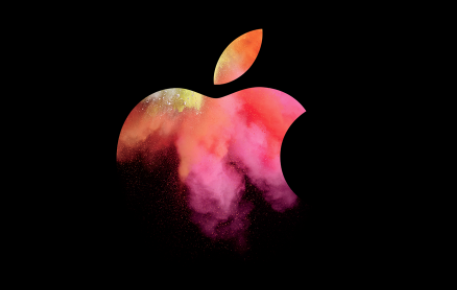SHENZHEN – In an unexpected turn of events, Apple Inc. has inaugurated a state-of-the-art research lab in Shenzhen, China, the very heart of Chinese technological innovation and a stone’s throw from Huawei’s headquarters. This move comes amidst a backdrop of Apple’s active efforts to diversify its manufacturing and company activities away from China, in response to the decoupling policies of the US government and the European Union. The decision to establish a significant presence in Shenzhen signals a complex strategy, balancing global political pressures with business imperatives in the world’s largest smartphone market.
Recent trends have shown a decline in Apple’s market share in China, as local brands like Huawei continue to rise in popularity. In 2023, Apple captured the top spot in the Chinese smartphone market for the first time ever, despite an overall market drop of 5.0% according to IDC Tracker. However, this victory was short-lived as domestic brands, known for their competitive pricing and localized features, have since gained traction. The Chinese consumer’s preference for homegrown brands has been bolstered by a sense of national pride and the perception of getting more value for money. Moreover, the Chinese government’s support for local businesses has played a non-negligible role in this shift.
Apple’s decision to open a lab in Shenzhen, despite these market challenges, is a testament to the city’s status as a global hub for innovation and entrepreneurship. The lab, described as Apple’s “most extensive” outside the US, is expected to employ over 1,000 talents and has received an investment of over 1 billion yuan (approximately $139 million). The facility will focus on enhancing testing and research for major products, including the iPhone, iPad, and the Vision Pro spatial computing headset. It is a clear indication of Apple’s commitment to maintaining a competitive edge through innovation and close collaboration with local suppliers.
The strategic placement of the lab in Shenzhen also allows Apple to tap into the city’s rich ecosystem of tech talent and advanced manufacturing capabilities. By doing so, Apple not only reaffirms its dedication to the Chinese market but also positions itself to better respond to the fast-paced changes in technology that are characteristic of the region. The investment in the lab is a calculated move to safeguard its interests and sustain its global market position, even as it faces increasing competition from local rivals. (zai)

